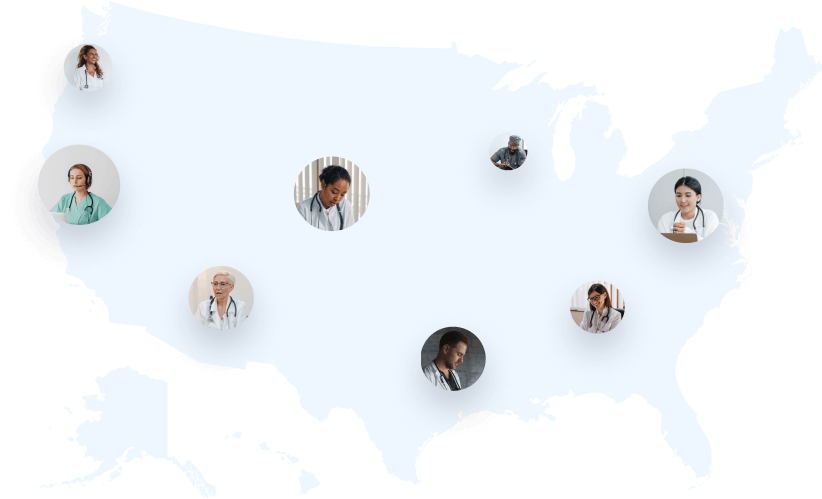How to find top 10 Depression doctors online?
find a Depression doctors
All conditions
Excellent
based on 0 reviews
Excellent
based on 0 reviews
Providers
How to choose a provider
Reviews
FAQs
Knowledge

Please specify your state to see available providers near you
Select a state
Top-rated providers available for you

4.98
Amethyst Maxey, FNP-CAPRN
Specializes in Psychiatry, Mental Health

5.0
Sawyer Flandreau, FNP-BC
Specializes in Family Medicine, Mental Health

5.0
Melissa Tam, FNP-BC
Specializes in Internal Medicine, Family Medicine

4.96
Derek Timbs, FNP-BC
Specializes in Weight Loss, Preventive Medicine

5.0
Margaret Gallagher, PhD, FNP-BC
Specializes in Weight Loss, Mental Health

5.0
Laurie Jean Foley, PMHNP-BC
Specializes in Weight Loss, Mental Health

4.96
Kate Graen, PA-C
Specializes in Psychiatry, Mental Health

5.0
Ernest Emery, AGACNP-BC
Specializes in Psychiatry, Internal Medicine

5.0
Noussaiba Ayour, PA
Specializes in Urgent Care, Behavioral Medicine

4.98
Amethyst Maxey, FNP-CAPRN
Specializes in Psychiatry, Mental Health

5.0
Sawyer Flandreau, FNP-BC
Specializes in Family Medicine, Mental Health

5.0
Melissa Tam, FNP-BC
Specializes in Internal Medicine, Family Medicine

4.96
Derek Timbs, FNP-BC
Specializes in Weight Loss, Preventive Medicine

5.0
Margaret Gallagher, PhD, FNP-BC
Specializes in Weight Loss, Mental Health

5.0
Laurie Jean Foley, PMHNP-BC
Specializes in Weight Loss, Mental Health

4.96
Kate Graen, PA-C
Specializes in Psychiatry, Mental Health

5.0
Ernest Emery, AGACNP-BC
Specializes in Psychiatry, Internal Medicine

5.0
Noussaiba Ayour, PA
Specializes in Urgent Care, Behavioral Medicine
How to choose a provider
*Only prescribing providers (such as MDs, DOs, NPs, psychiatrists, PAs) are authorized to offer medication management
services. Psychologists, therapists, and counselors provide therapy and counseling but cannot prescribe medication.
You’re in good company
Real reviews from patients who received treatment from healthcare providers on Klarity Health.
Excellent
based on 0 reviews